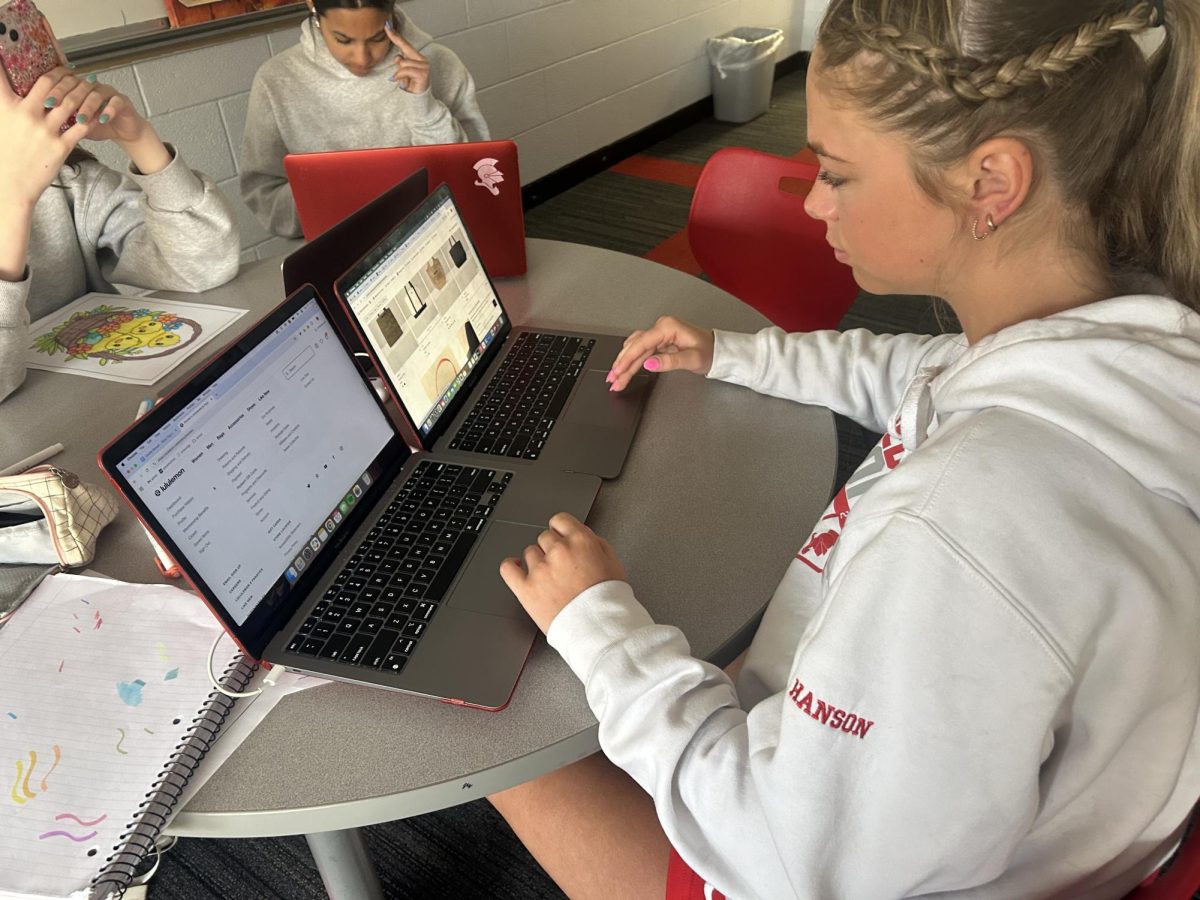Previously in the news for her banned books, Lauren Myracle again made headlines in the writing community for her latest work, “Shine,” when she was forced to step down from her novel’s nomination for the National Book Award. “Shine,” although an interesting read, does suffer from an overuse of flashbacks to tell a story as well as incorporating too many clichés.
“Shine” tells the story of Cat Robinson, a sixteen-year-old girl from rural North Carolina, trying to find out who committed a hate crime against her former best friend, Patrick. Along the way, the book takes a look at the problems associated with rural Southern life, including abuse, drug use, and high drop-out rates.
While “Shine” has an interesting mystery, the reader can easily pinpoint the right suspect around the halfway point of the novel, leading to a not-very-satisfactory twist reveal near the climax. Also, this twist uses such a cliché plot point that the reader can call the reveal even before they know the suspect.
The novel also suffers from a sluggish amount of unnecessary detail that merely bogs down the reader instead of giving important information that helps to move the plot. Characters that appear only once receive entire back stories, while more crucial characters receive next to none.
However, despite the overabundance of description, it does help to paint rural Southern life in a way that people unfamiliar with the hardships associated with it can understand. The reader gains a true sense of the strong Christian values present in such locations.
The novel does tend to get a bit heavy-handed at times with its morals. Although the morals are essentially good (don’t do meth, hate crimes are bad), “Shine” sometimes reads as a PSA in disguise, as characters sometimes stop to talk about how meth has torn apart people’s lives and how people have been caught in its web. Even the story about how hard drugs came to the town (people started using them after the nearby factory closed down), reads as cliché, even though that is the reality for many real-life towns.
Even though the story suffers for its detractions, the plot itself is solid enough to warrant a check-out from the library. While the reader knows how the story will end, figuring it out along the way makes “Shine” interesting, if not slightly enjoyable. While it may not have been National Book Award material, it does deserve at least one reading, if only to see what all of the fuss was about.




































![Teacher Lore: Mr. Hillman [Podcast]](https://bsmknighterrant.org/wp-content/uploads/2025/03/teacherlorelogo-1200x685.png)





